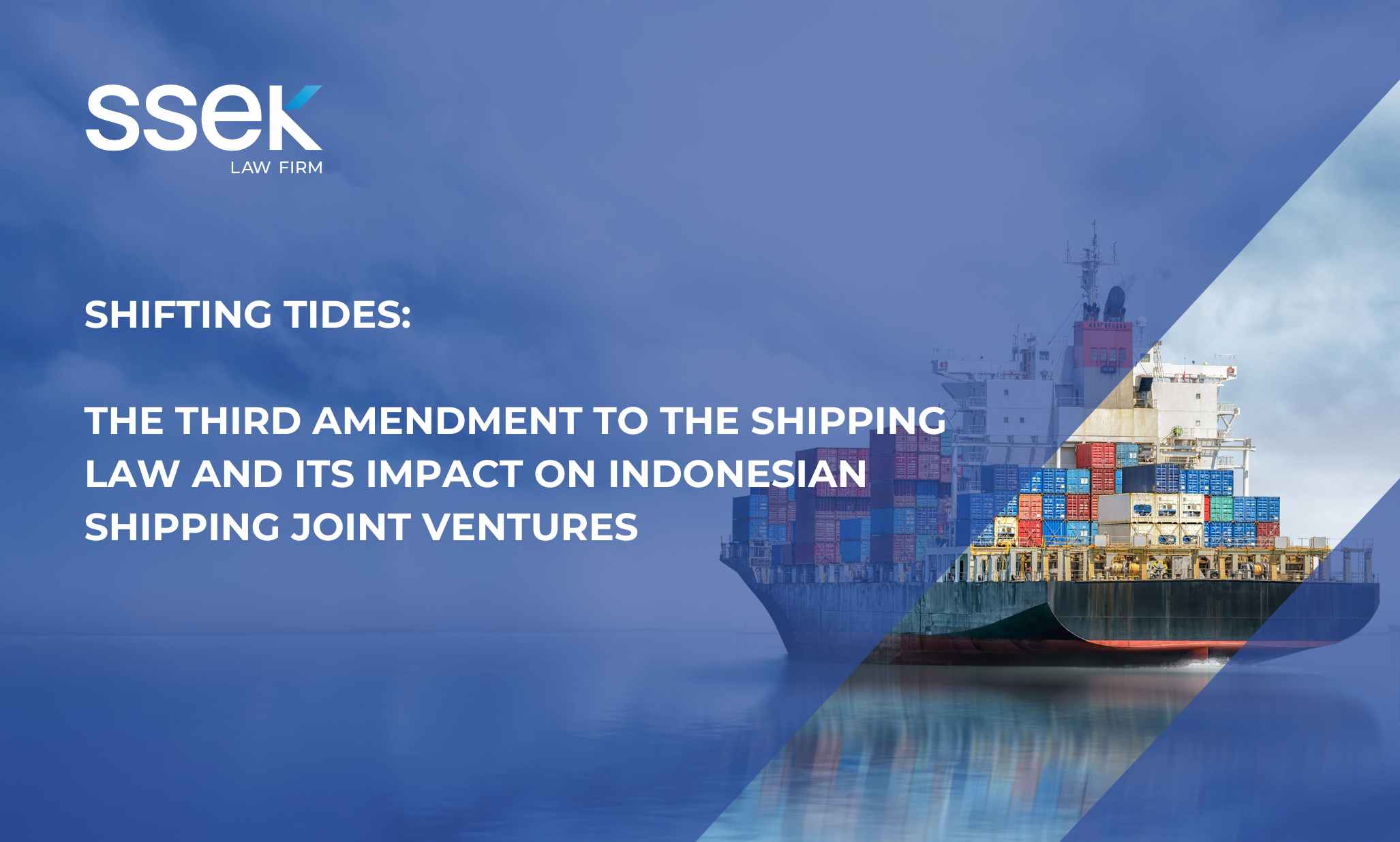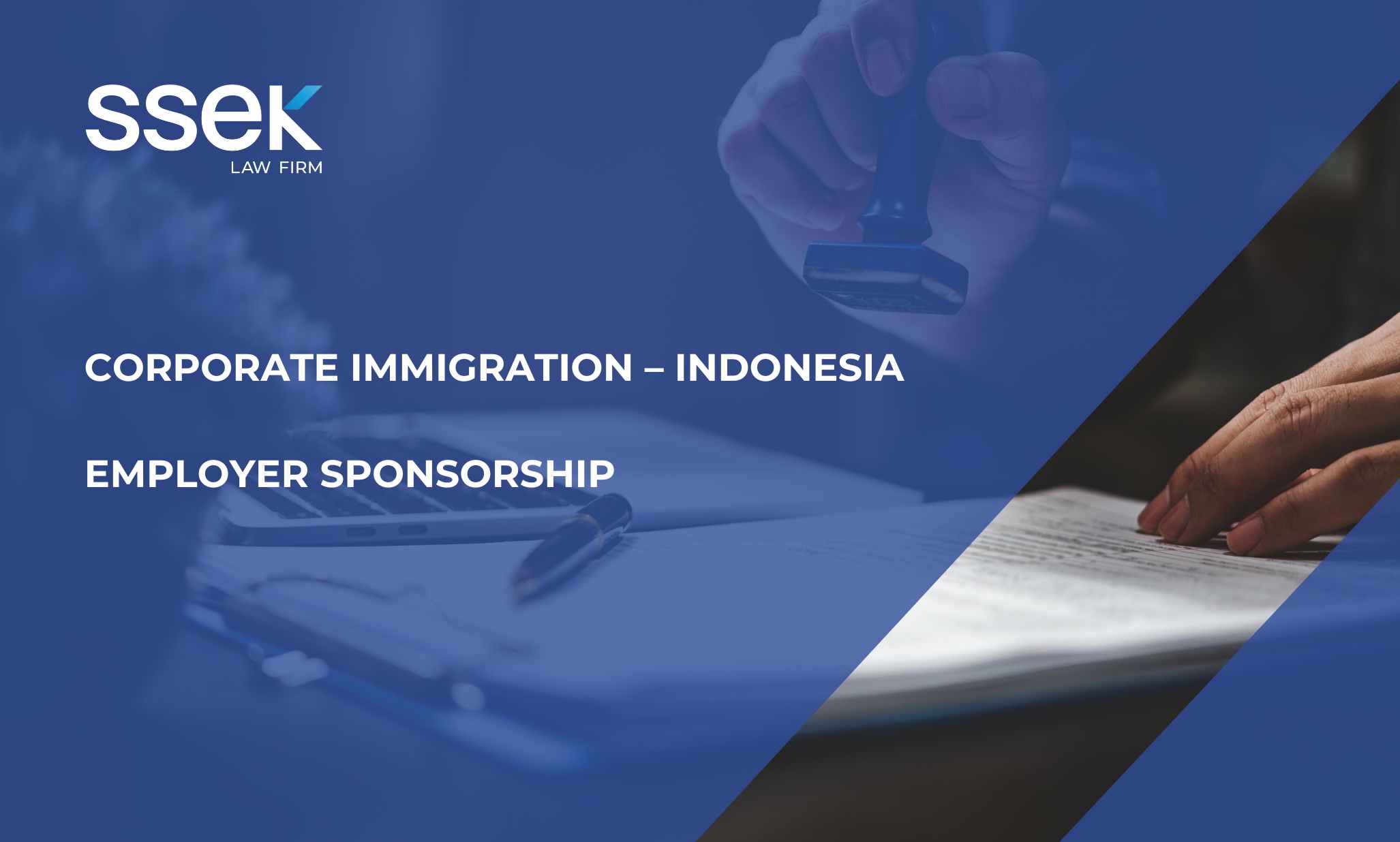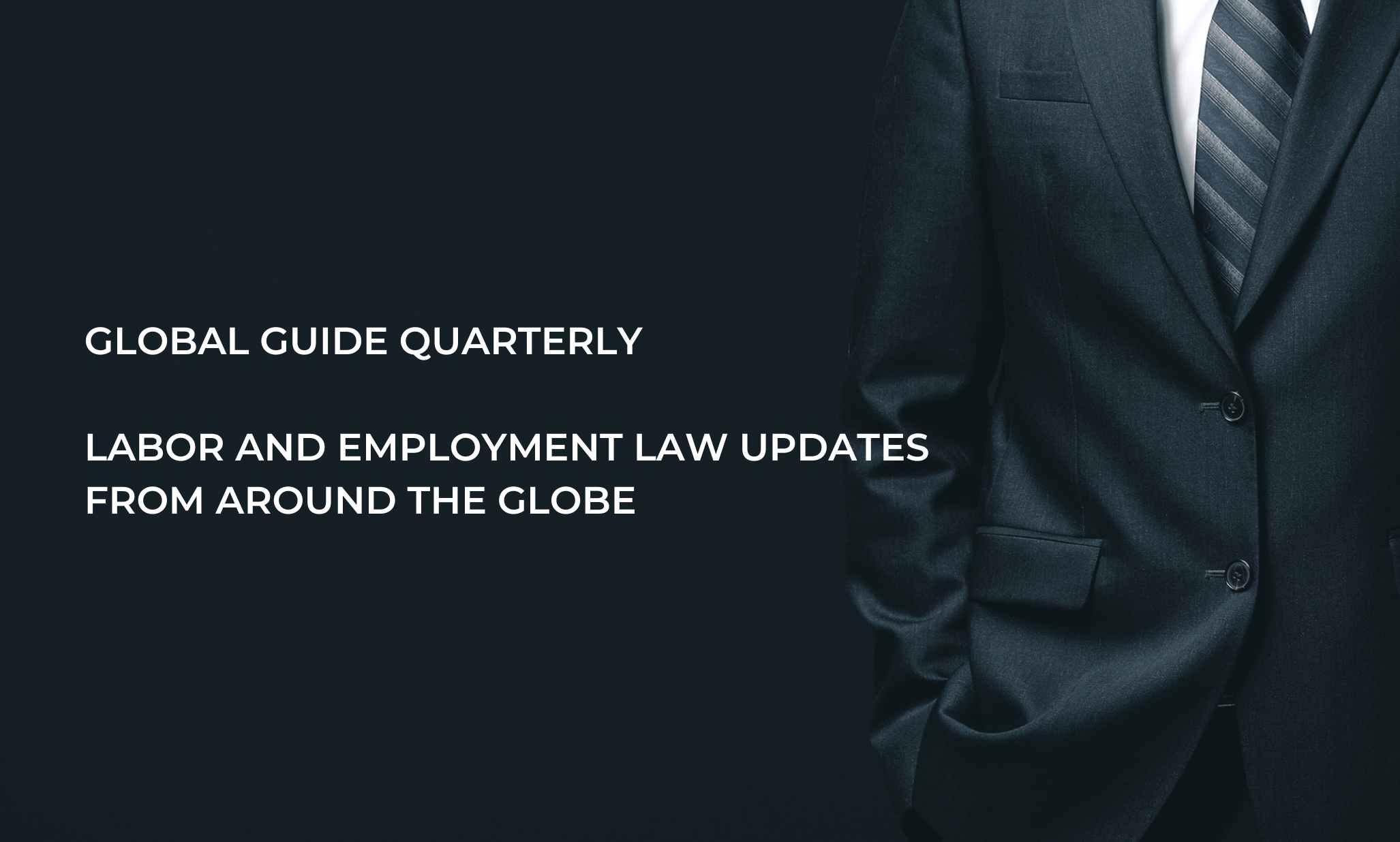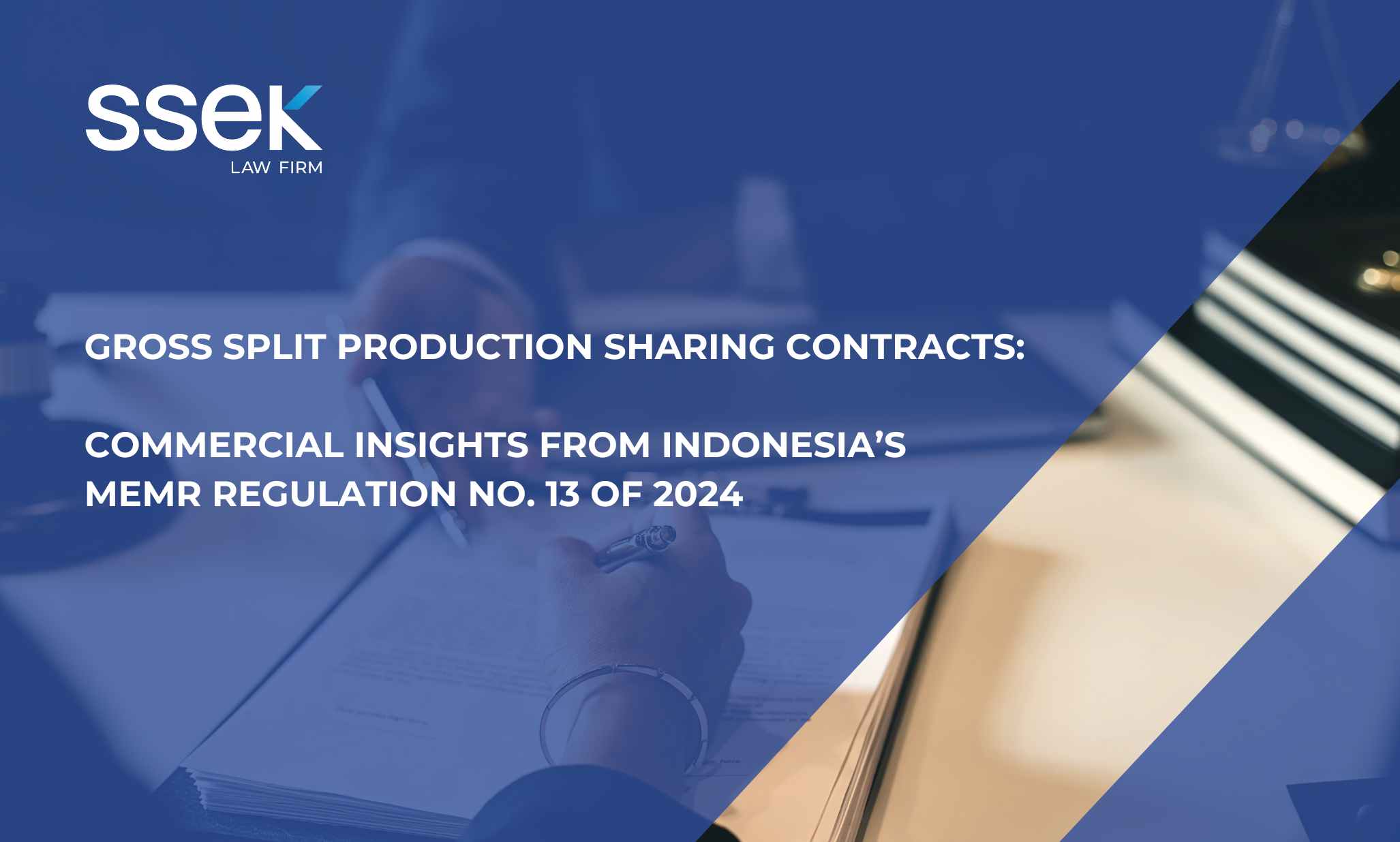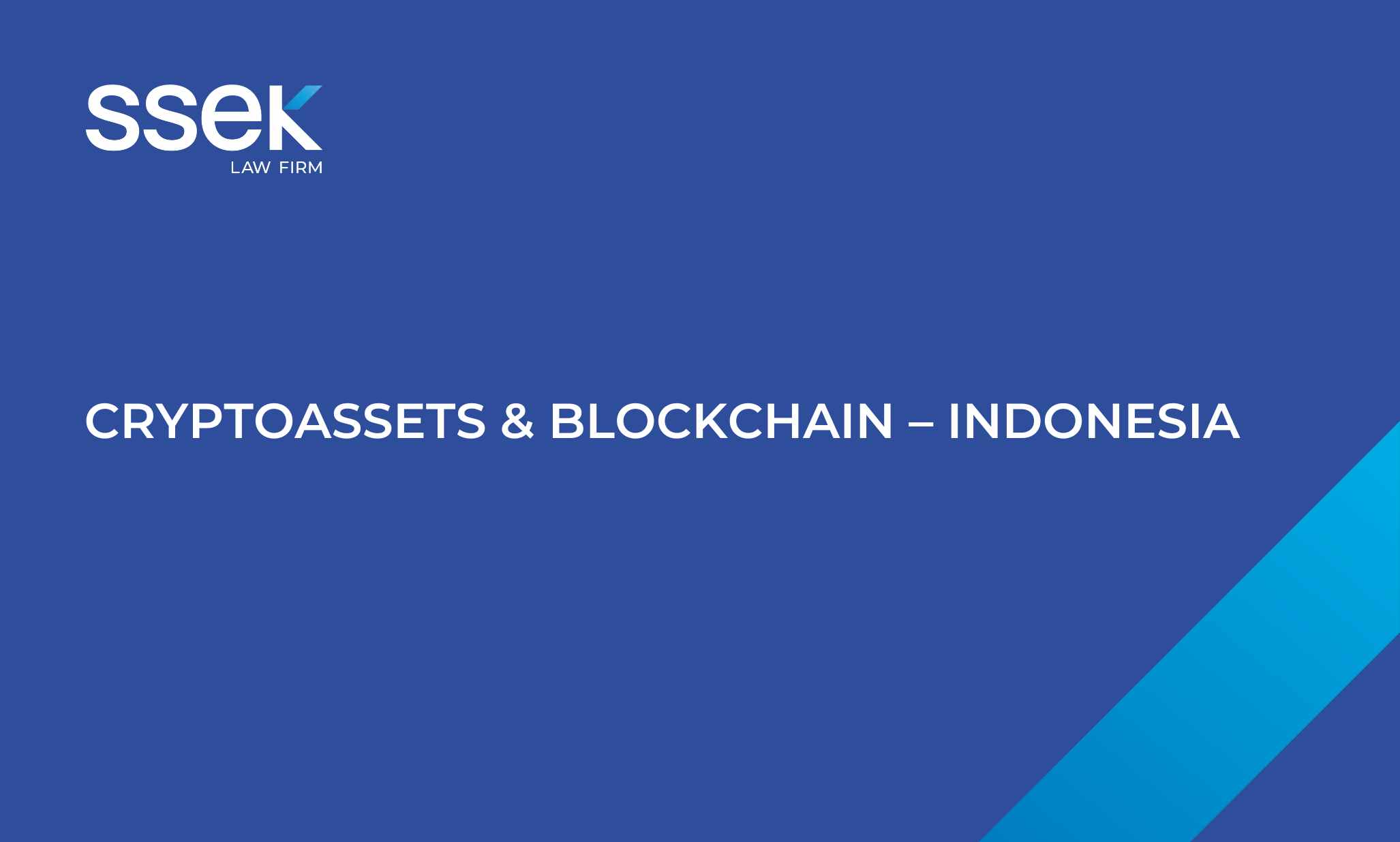


Lexology Getting the Deal Through – Cryptoassets & Blockchain: Indonesia provides local insights into the legal and regulatory framework in Indonesia; use of cryptoassets for investment, financing, trading and payments; cryptocurrency mining; blockchain and other distributed ledger technologies; and recent trends.
Legal framework for cryptoassets in Indonesia
The crypto industry in Indonesia falls under the auspices of the Commodity Futures Trading Supervisory Body (Bappebti), under the Ministry of Trade (MOT) and in coordination with other institutions such as the Financial Services Authority (OJK), Bank Indonesia (BI) and the Ministry of Communication and Informatics (the MOCI).
The MOT has acknowledged cryptoassets, including but not limited to digital coins (virtual currency or cryptocurrency), as tradable commodities for which Bappebti acts as the regulator and supervisor. Nevertheless, on 12 January 2023, the Indonesian government enacted an omnibus law for the financial sector that will transfer the authority over cryptoassets from Bappebti to the OJK.
As regulated under Bappebti Regulation No. 8 of 2021 regarding Guidelines for Organising Crypto Asset Physical Trading Market on the Future Exchange, as amended by Bappebti Regulation No. 13 of 2022 dated 9 November 2022 (together Bappebti Regulation 8/2021), cryptoassets are defined as intangible commodities in digital form, using cryptography, information technology networks and distributed ledgers to regulate the creation of new units, verify transactions and secure transactions without the intervention of other parties.
In essence, cryptocurrencies may be traded if they have been approved by the head of Bappebti. This Regulation further categorises cryptoassets as follows:
- Coins: a coin is defined as a form of cryptoasset with a separate configuration of blockchain and characteristics like a cryptoasset that appears for the first time, for example, bitcoin.
- Tokens: a token is defined as a derivative product of a coin.
Specifically for the determination of cryptoassets that are tradable, Bappebti has enacted Bappebti Regulation No. 11 of 2022 dated 8 August 2022 regarding the Determination of the List of Tradable Crypto Assets within the Crypto Asset Physical Market (Bappebti Regulation 11/2022). This Regulation provides guidelines on tradable cryptoassets in Indonesia, as well as technical guidelines for such cryptoassets. The Regulation includes a list of 383 cryptoassets (both coins and tokens) that may be traded by crypto exchanges in Indonesia.
Excerpted from Lexology Getting the Deal Through – Cryptoassets & Blockchain, published by Law Business Research.
Find Lexology Getting the Deal Through – Cryptoassets & Blockchain: Indonesia here.
This publication is intended for informational purposes only and does not constitute legal advice. Any reliance on the material contained herein is at the user’s own risk. All SSEK publications are copyrighted and may not be reproduced without the express written consent of SSEK.




